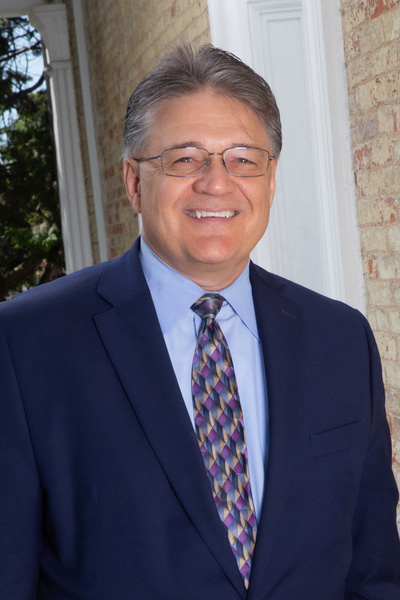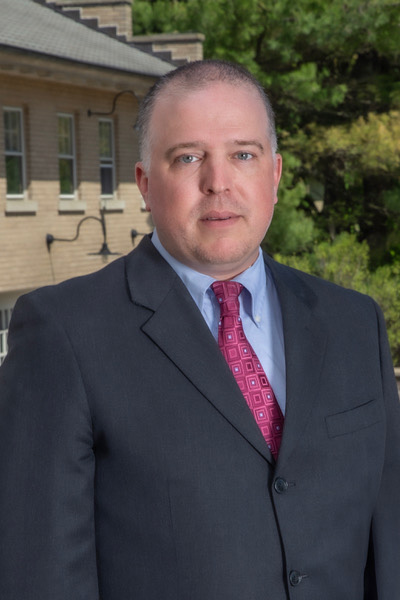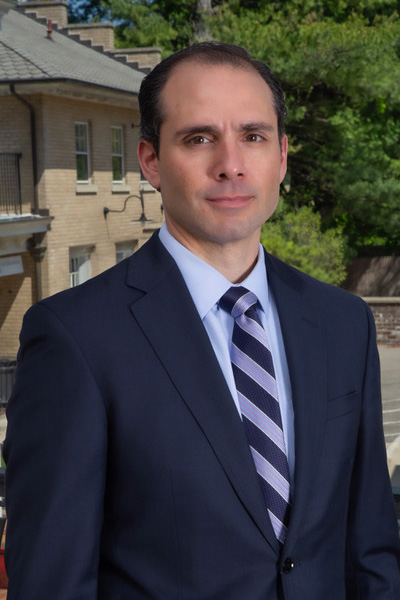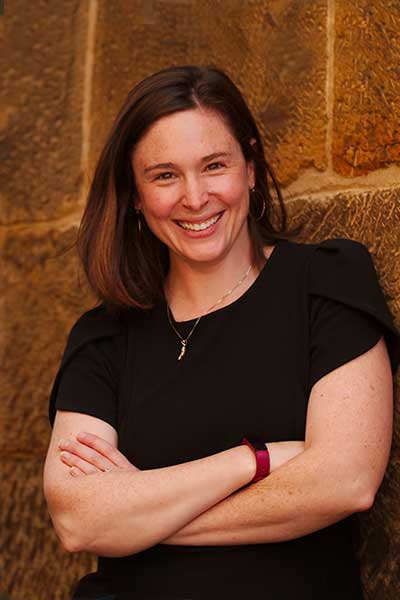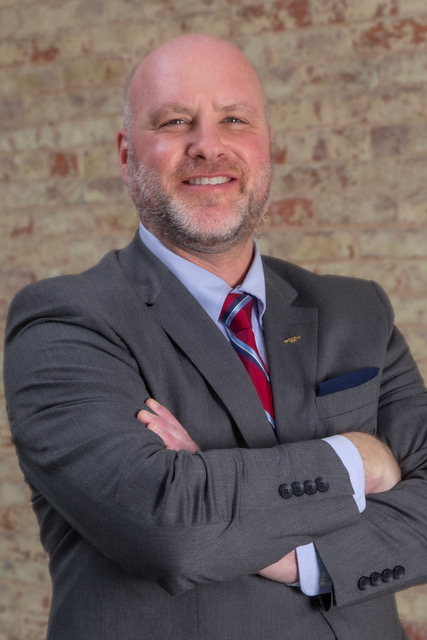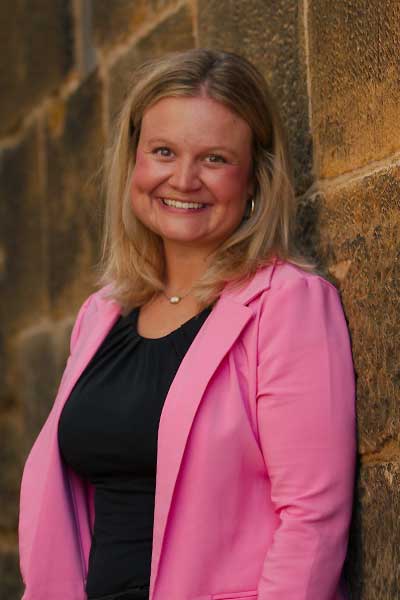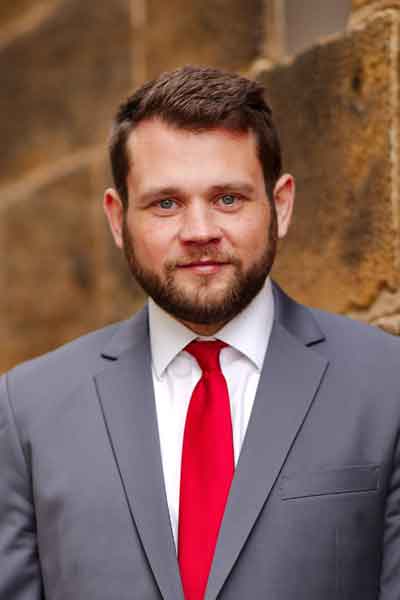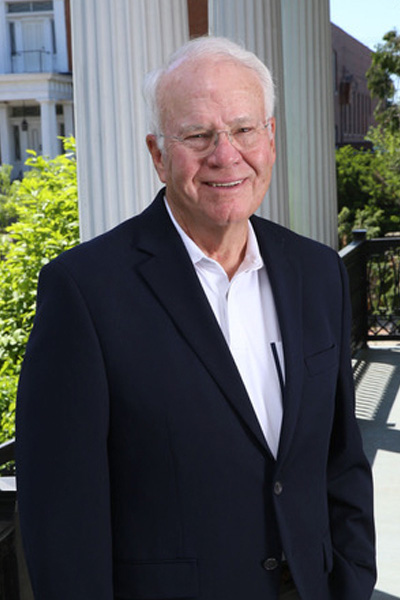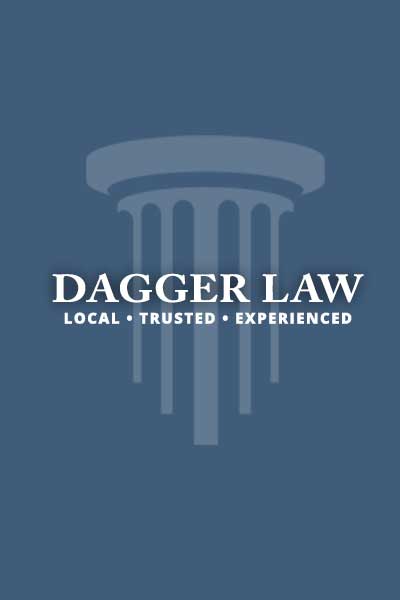DAGGER CAN HELP
Dagger Law Attorney List
At the Dagger Law firm, our team of Local, Trusted, and Experienced legal professionals are built on a foundation of more than 120 years of experience.
At the Dagger Law firm, our team of Local, Trusted, and Experienced legal professionals are built on a foundation of more than 110 years of experience. The majority of our attorneys have strong roots in the Lancaster, Canal Winchester, and Fairfield County area, and after receiving their Juris Doctorates from prestigious law schools around the country, the strong draw to this community brought them back to the area to help Southeastern and Central Ohio grow socially, economically and culturally. Many of them are actively involved within Lancaster, Canal Winchester, and the Central Ohio region serving on various boards for non-profits and other organizations. They all share a common belief that citizen involvement plays a key role in the continued growth of resilient communities.
Click on the photos below to learn more about each Dagger lawyer.
Some frequently asked questions about legal professionals:
Q: What is the difference between a lawyer and an attorney?
A: While these terms are most commonly used as interchangeable, the defined distinction between the two is commonly understood to be whether they practice law in a courtroom. The distinction is basically that attorneys practice in the court, and lawyers do not. Because of this, all attorneys can be said to be lawyers, but not all lawyers are attorneys. While this distinction is a fun bit of trivia, we know that the practicality of this is that whether you are looking for a lawyer or an attorney, the Dagger Law firm wants you to be able to find us! So we use the terminology interchangeably throughout the website.
Q: What qualifies a lawyer to be a specialist?
A: While the term “specialist” seems like a nice way to describe an “intense focus,” this has a very particular meaning within the legal field. Specialists meet particular training, evaluation, and time engaged in a particular practice area to obtain the specialist credentials from the Ohio State Bar Association. These credentials can be received in one of eleven practice areas, including:
- Administrative Agency Law
- Appellate Law
- Elder Law
- Estate Planning & Probate Law
- Family Relations Law
- Federal Tax Law
- Insurance Coverage Law
- Labor and Employment Law
- Real Property – Business, Commercial, and Industrial Law
- Real Property – Residential Law
- Workers’ Compensation Law
A Lawyer can have a wealth of experience and a focus on one area of the law without taking the extra steps to be certified as a specialist. Likewise, a specialist in one area of the law may spend time practicing in other areas as well. While we are proud of those attorneys at law who have obtained their certified specialist title, it is important to know that this may not be the most important factor when making the decision to hire a lawyer.
Q: In what locations, around Ohio, can your law firm practice law? Are you only a Lancaster law office?
A: Dagger Law attorneys can be retained to practice law anywhere within Ohio. That said, hiring us to handle a case in Cleveland could become pricey as a client would pay for travel to and from any meetings or court hearings. Because of this, it is likely that we would refer to another attorney at law, or law firm, if a case was outside Fairfield County, or any of the following counties where we frequently practice, such as:
Franklin • Licking • Pickaway • Hocking • Ross • Vinton • Athens • Perry
While travel can be costly, there are many cases that can be handled remotely. For instance, we do real estate work in all 88 counties in Ohio, so it is worth checking with your attorney to see whether they feel our legal services are cost-effective for your case if it is outside of the area indicated above. Please note that while all of our attorneys practice out of our Lancaster law office, only some of the attorneys are available to meet in the Canal Winchester law office at this time.
Q: Can your law firm provide legal services outside of Ohio?
A: The short answer is, no. Each state has subtle nuances in how they interpret and administer the law, and it is advisable to see a legal professional licensed to practice in the state where your legal issues will be reviewed, or heard in court.
Q: Can I get free, or pro bono, assistance from Dagger Law?
A: The answer is yes, and no. We do not offer any free legal services at our law office in Lancaster or Canal Winchester. With that in mind, many of our Lawyers give back to the community by working with Southeastern Ohio Legal Services (SEOLS) pro bono clinic. By volunteering at the SEOLS Legal Information and Advice Clinics, our attorneys are able to provide support for low-income residents at clinic dates and times scheduled through SEOLS. This allows our legal professionals to show up and help, without having to organize, manage, and arrange a proper location to review legal matters. We are grateful to have an organization like SEOLS to work with as they make free legal information and advice easy for those who qualify. You can access the SEOLS website at Seols.org
For those clients involved in the criminal justice system, a criminal defense attorney from Dagger Law may be obtained through court appointment which has no cost to those individuals who qualify. When the courts have determined that an individual does not qualify for a court-appointed attorney, then our defense attorneys may be retained at their normal hourly rate.
Q: I wanted to retain your services, but I was told that there was a conflict of interest. What does that mean?
A: In law, an attorney has a duty to provide effective counsel to a client. To be clear, “effective” doesn’t mean that the client gets the outcome that they desire, but rather it indicates that the legal representation was competent. In a case where an attorney has represented an opposing party, at any time in the past or with the intent to represent an opposing party in the future, there can be considered to be a conflict of interest that creates a serious risk that a lawyer’s action on behalf of one party may have an impact on representation for another party. This is why an attorney cannot represent both spouses in a divorce. While there are some grey areas, most attorneys will wisely steer away from even a hint of engaging in a conflict of interests. After all, it is easier to avoid it than to argue that there was no conflict.

